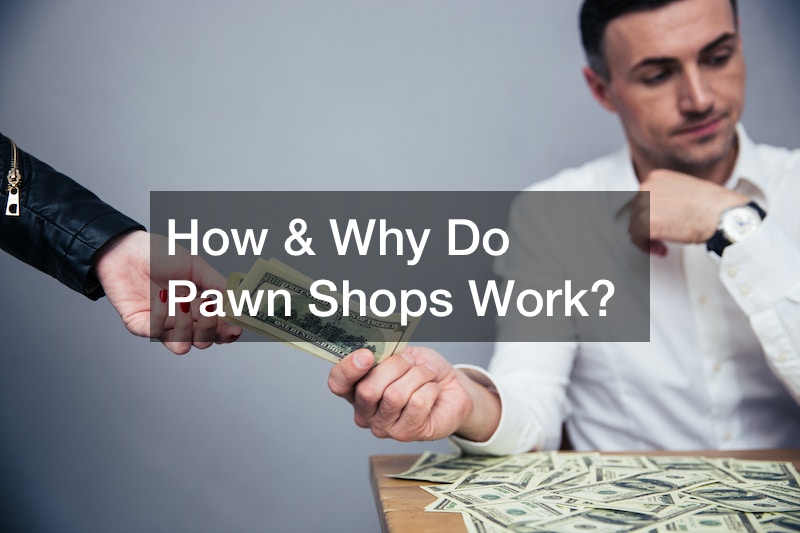
Here is a video from which aspiring pawn shop entrepreneurs can learn from before venturing into the industry. Pawn shops allow sellers to trade goods or take temporary loans with pre-owned commodities as collateral. They fall under the small business category because the loans paid out and goods exchanged are low value.
Usually, pawn shops have a hard time generating huge profits. As a result, the business costs are small. When individuals present goods to a pawn shop, the broker evaluates their value and offers them a loan equivalent to a particular percentage of the item’s value. The borrowers have a limited time to repay the loan and its interest.
Once the loan is repaid in full, the borrower can get their items back. However, if they don’t, the pawnbroker will own it and try to sell it for a profit.
Pawnbrokers lend borrowers money for small merchandise because they make large profits from the loan interest, which the borrowers forfeit. Some people present items to the pawn shops without an intention to repay their loans because they understand the shop will gain profit from the item. Often, pawn shops purchase items they are sure of selling for an attractive profit. Low bid prices allow sellers to acquire quick cash while the pawn shop earns a profit.


